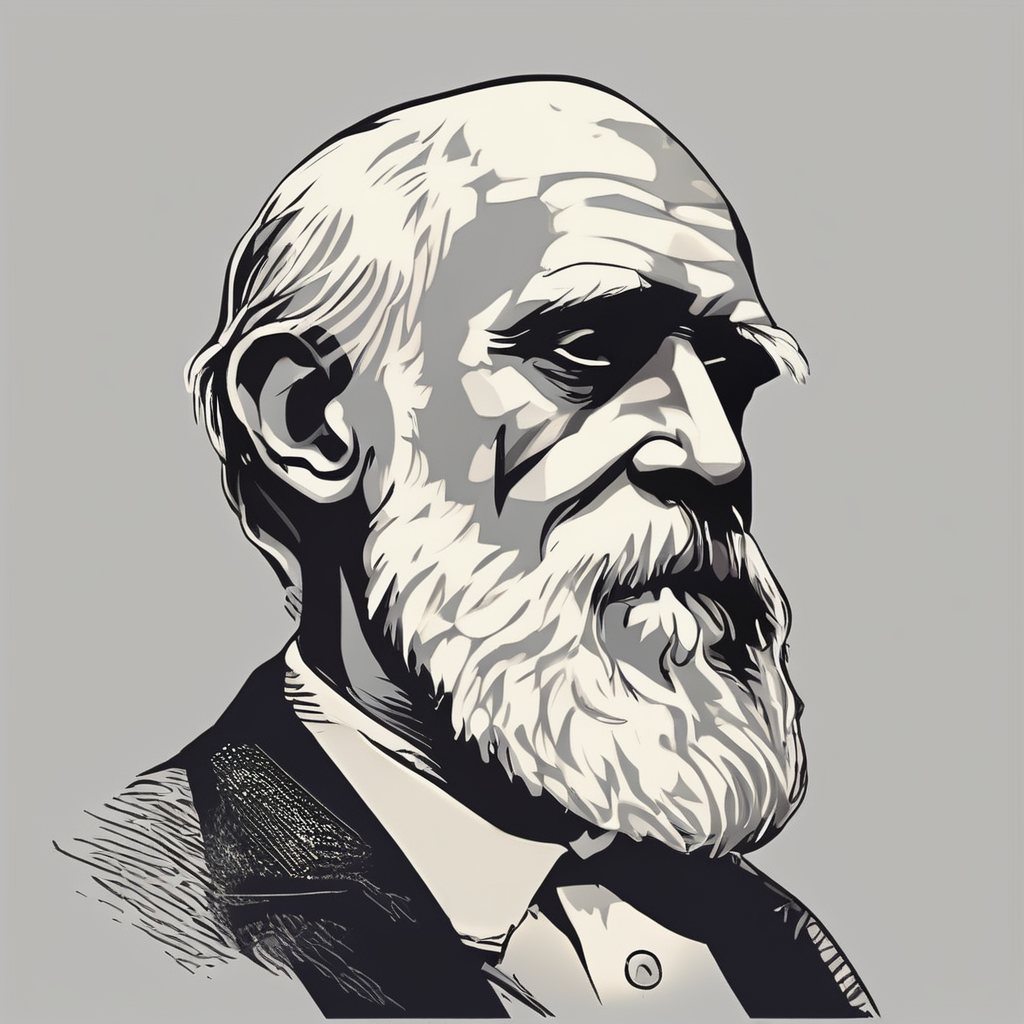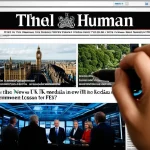Historical Role of UK Sports in Fostering International Cooperation
Throughout history, UK sports history has played a pivotal role in enhancing international cooperation by acting as a bridge between diverse cultures and nations. The UK’s early establishment of standardized rules in sports like football and rugby created a common framework that enabled fair and organized competition internationally. These developments fostered mutual respect and understanding among participating countries.
One notable aspect of the UK’s influence is the founding of globally influential sporting traditions and events, such as the Football Association in 1863 and the creation of lawn tennis championships, which later evolved into Wimbledon. These grounded traditions have become platforms where sportsmanship transcends national boundaries, encouraging unity through shared passion and fair play.
Also read : How Can Advancements in Technology Enhance the Future of UK Sports?
Early examples of sports diplomacy include matches arranged between British teams and foreign sides, which served diplomatic and cultural exchange functions beyond mere competition. This interplay often softened political tensions and nurtured goodwill. The UK’s approach in blending sport with diplomacy highlights how athletic engagement can facilitate dialogue and cooperation, fostering an environment conducive to peace and understanding worldwide.
Contemporary Examples of UK Sports Driving Global Unity
Modern UK sports continue to play a vital role in fostering global unity, building on a rich UK sports history of international cooperation. The Premier League, arguably the most watched football league worldwide, exemplifies this by attracting players from numerous countries, showcasing diverse talents on a global stage. Its extensive international broadcast reach unites fans across continents, promoting sportsmanship beyond borders.
Also to read : How Can the Evolution of UK Sports Impact Future Generations?
Major UK-hosted events further emphasize this role. The annual Wimbledon tennis championships bring together competitors and spectators worldwide, celebrating excellence and fair competition. In rugby, UK tournaments like the Six Nations Championship enhance camaraderie and respect among participating nations, reinforcing peaceful international ties.
Athletes often share their perspectives on how participating in UK sports leagues nurtures mutual respect and cultural understanding. Organizational initiatives within these sports promote inclusivity, health, and education globally, extending the influence of UK sports diplomacy. This holistic approach underscores how contemporary UK sports not only entertain but actively contribute to sustaining international cooperation and unity in an increasingly interconnected world.
Sports Diplomacy and International Relations
The UK’s legacy in sports diplomacy is integral to its influence on global relations and peacebuilding. UK sporting bodies have long harnessed sports as a conduit for diplomatic dialogue, facilitating interactions that transcend political and cultural divides. By organizing international matches and tournaments, they create neutral spaces where communication between nations can flourish peacefully.
Historic efforts underscore this impact. For example, rugby and cricket tours during periods of political tension often served not only athletic but also reconciliation roles, signaling readiness for dialogue. This approach embodies the principle that sport is a universal language, lowering barriers and fostering mutual understanding.
Moreover, sports diplomacy in the UK involves committed collaboration among organizations to promote values like fair play and respect. Such initiatives extend beyond the field, contributing to broader international cooperation agendas. Through partnerships and outreach, UK sports help build bridges globally, nurturing long-term relationships.
By integrating diplomacy into sports frameworks, the UK continues to utilize its rich UK sports history as a platform for peace and international collaboration. This strategy demonstrates the powerful role sports can play in easing conflicts and promoting unity worldwide.
Historical Role of UK Sports in Fostering International Cooperation
The evolution of UK sports history as a force for unity is deeply entwined with the establishment of standardized rules and formal organizations during the 19th century. These foundations enabled not only consistent competition but also paved the way for international cooperation by creating clear frameworks that other nations could adopt and share.
Globally influential sporting traditions emerged early on, with the Football Association’s formation in 1863 codifying modern football rules. This event marked a crucial turning point, setting a precedent for other sports and inspiring the creation of tournaments like Wimbledon. These traditions transcended national borders, cultivating a common language of sportmanship.
Early examples of sports diplomacy involved arranging matches between British teams and international opponents, which facilitated cultural exchanges and eased political tensions. Such events demonstrated how sportsmanship could transcend geopolitical divides, fostering goodwill and mutual respect. This laid a durable groundwork for sports to function as a platform supporting international cooperation, influencing diplomatic relations beyond the playing fields.
Historical Role of UK Sports in Fostering International Cooperation
The evolution of UK sports history has been central to fostering international cooperation by establishing organized frameworks and shared values. The 19th-century standardization of rules in sports such as football and rugby set a precedent that other nations could adopt, promoting consistent and fair competition globally. This foundation allowed UK sports to become a unifying force beyond its borders.
Globally influential sporting traditions, like those originating from the Football Association’s formation in 1863 and the inception of Wimbledon, created platforms where participants from diverse nations could engage in respectful competition. These events demonstrated how sport serves as a universal language bridging cultural divides.
Early instances of sports diplomacy illustrated this role vividly. Matches organized between British teams and international opponents were not just athletic contests; they operated as cultural exchanges fostering goodwill and easing political tensions. Through these sporting encounters, the UK helped nurture an environment where cooperation transcended mere rivalry, strengthening global ties. By weaving sportsmanship into international relations, UK sports history laid essential groundwork for continued international cooperation rooted in mutual respect and shared passion.

